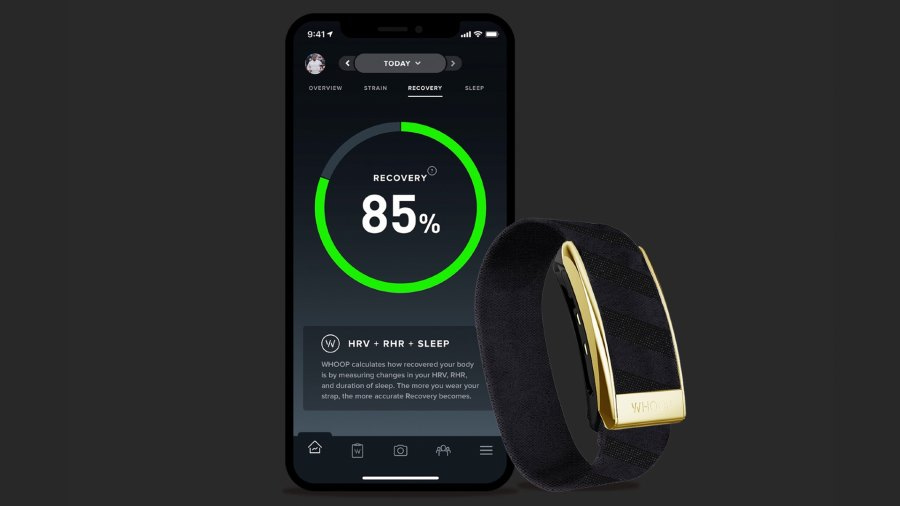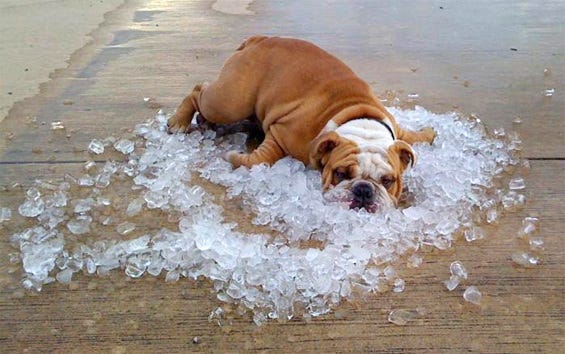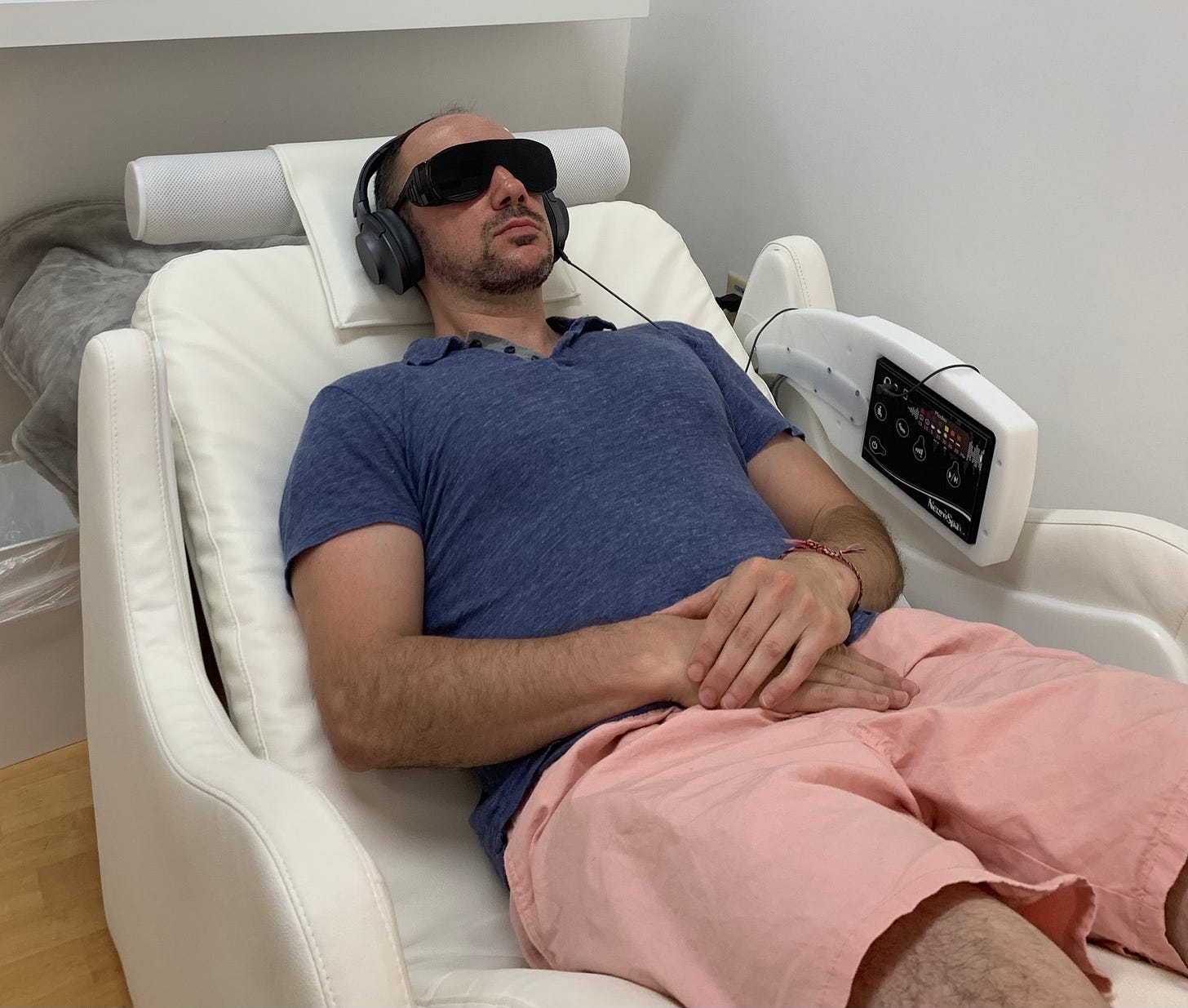Top 10 things I’ve learned about sleep
Welcome to the new Vitamin Z subscribers who have joined us since last week! Join 3,000+ smart, curious folks by subscribing here:
You can also read this in your browser here.
Hey all, greetings from New York!
When Covid started, I had trouble sleeping. I’d wake up in the middle of the night. I had strange dreams.
Studies show many people suffered from decreased sleep quality during the lockdowns.
It’s not hard to understand why. More screen time, oddly-timed meals, above-average drinking, and anxiety are contributors to poor sleep.
I wondered: What can science teach us about how to improve our sleep?
I’ll share the top things I’ve learned about sleep, from kiwi fruit to sunlight exposure.
1. Sleep helps us live longer
I listened to an interview with Dr. Matthew Walker, a sleep expert and professor of neuroscience and psychology at the University of California, Berkeley, and author of the book Why We Sleep. He said:
“Sleep is probably the single most effective thing you can do to reset your body and health.”
Studies have shown that sleep loss leads to slower reaction time and decreased cognitive performance. Insufficient sleep has been associated with an elevated risk of obesity.
Sleep can enhance longevity, and lack of sleep can shorten life.


2. Sleep is where the brain consolidates learning
According to Dr. Andrew Huberman, professor of neurobiology at Stanford, sleep plays a big role in learning and neuroplasticity—the brain’s ability to form new neural connections. This starts with periods of deep focus, but neuroplasticity actually occurs during deep rest and sleep.
As Huberman explains, the brain is typically focused on 3 things: duration, path and outcome: “What am I doing, where am I going, and what’s the point?”
These three things become loose during deep sleep. That’s why when you emerge from sleep you may have new ideas. The transition out of sleep is when creativity arises. Huberman’s advice for learning: Focus really hard, then tune out.
3. How sleep trackers can help
A few months ago I started using the Whoop strap. Whoop measures not only how long you sleep, but the time spent in each stage and overall sleep quality.
Whoop is the first wearable I’ve used that measures heart rate variability (HRV). This tells you how well your body recovers from stress. You want a high HRV. It means that your heart is communicating well with your central nervous system.
Whoop helped me understand how different activities affected my sleep quality. My recovery score was higher on days when I exercised early in the day, avoided eating late meals and stayed away from screens near bedtime.
Why it’s important to track REM sleep
Sleep is separated into two main types: (1) rapid eye movement (REM) sleep and (2) non-REM deep sleep. The first half of the night is dominated by non-REM deep sleep; the second half of our sleep is dominated by REM sleep.
In REM sleep, the brain paralyzes the body so the mind can dream safely without the body taking action. REM sleep is important for emotional regulation and mental health. Deep sleep is important for saving memories in the brain.
Dr. Walker says the amount of REM sleep we get is directly correlated with life span. The lower your REM sleep, the higher all-cause mortality. Ideally, 20-25% of sleep should be in the REM stage.
4. Keep a consistent sleep schedule
Sleep experts emphasize the importance of waking up and going to sleep at the same time each day. Being consistent reinforces your body’s sleep-wake cycle, says Dr. Michael Breus, clinical psychologist and a fellow of The American Academy of Sleep Medicine:
“Of all the sleep tips you could ever read or hear about, the most important one is to stick to one sleep schedule—every day. When sleep has a regular rhythm, your biological clock will be in sync and all of your other bodily functions will go smoother, including your sleep.”
Dr. Breus has developed a Sleep Calculator tool to help you figure out what time you should be going to bed.
How light affects sleep
Light exposure plays an important role in regulating sleep, says Dr. Huberman. Light is crucial to establishing the body’s circadian rhythms, the subtle cues of metabolism that help the body stay awake during the day and prepare to sleep in the evening.
Dr. Huberman recommends getting sunlight in your eyes first thing in the morning, without sunglasses:
“Viewing sunlight (which includes blue wavelengths) and even artificial blue light is terrific when done in the morning and throughout the day for circadian clock setting, and for various aspects of mental and physical health.”
5. Avoid caffeine late in the day
Dr. Walker writes about how caffeine affects sleep:
“Caffeine has an average half-life of five to seven hours. Let’s say that you have a cup of coffee after your evening dinner, around 7:30 p.m. This means that by 1:30 a.m., 50 percent of that caffeine may still be active and circulating throughout your brain tissue. In other words, by 1:30 a.m., you’re only halfway to completing the job of cleansing your brain of the caffeine you drank after dinner.”
Even if you don’t feel the effects of late caffeine intake on sleep, your sleep cycles will likely be disrupted, says Dr. Walker, particularly deep sleep. You might fall asleep and stay asleep well, but then feel the need to increase caffeine intake the next day because you don’t feel rested.
Dr. Walker suggests having caffeine no later than 8-10 hours from the time you would like to sleep.
6. Avoid eating food too close to bedtime
I used to love eating late—especially here in New York, with its 24-hour diners and late-night pizza joints. Now I avoid eating late meals.
Studies show eating within 3 hours of bedtime causes more sleep disruptions.
When I skip dinner or limit myself to a light snack, my sleep quality improves dramatically. I can sleep for 5 hours and wake fully rested. On the flip side, when I have a large meal within 2 hours of bedtime, my sleep suffers. I wake up feeling foggy and lethargic.
The types of food you eat can affect sleep. Studies have shown that ketogenic (low carb) diets have beneficial effects on sleep. High-protein foods like steak or chicken can disrupt sleep because they take a long time to break down, which is a problem at bedtime since your digestion slows by up to 50 percent when you sleep.
7. Alcohol and marijuana impair sleep
Any amount of alcohol will disrupt REM sleep, says Dr. Walker. It may help you fall asleep, but it impairs your sleep quality:
“Many people enjoy a glass of wine with dinner. But it takes your liver and kidneys many hours to degrade and excrete that alcohol. Nightly alcohol will disrupt your sleep, and the annoying advice of abstinence is the best, and most honest, I can offer.”
Even one glass of wine at dinner is enough to cause poorer sleep quality, less time in REM and deep sleep, less restorative sleep and poorer memory consolidation, says Dr. Walker.
What about marijuana? THC speeds up time to fall asleep, but it inhibits REM sleep, says Dr. Breus. People who smoke pot often don’t remember their dreams. Regular use can lead to insomnia and sleep anxiety withdrawal.
CBD, the non-psychoactive component in marijuana, is commonly marketed as a sleep aid. Studies have shown CBD may be effective in treating insomnia. But the role of CBD in sleep needs to be studied further, says Dr. Walker.
8. Sleep supplements that may help
Dr. Walker talks about other supplements that have been studied for sleep:
Melatonin is the most commonly consumed sleep aid, but studies show it’s not very helpful, says Dr. Huberman. A recent meta-analysis showed melatonin only increased sleep by about 4 minutes and sleep efficiency by about 2%.
Magnesium has shown benefits in older adults with insomnia. Dr. Huberman recommends taking magnesium biglycinate or magnesium threonate 2-3 hours before bedtime.
Tart cherry juice has been shown to increase sleep by 30-80 minutes and reduce time awake throughout the night.
Kiwi fruit (with the skin on) may help you fall asleep faster and stay asleep longer with fewer sleep disturbances.
9. Cool yourself down
I was surprised to learn the critical role temperature plays in regulating sleep. Dropping body temperature is a powerful lever for improving sleep quality, says Dr. Walker:
“Your body needs to drop its core temperature by about 2 to 3 degrees Fahrenheit to initiate sleep and then to stay asleep. It's the reason you will always find it easier to fall asleep in a room that's too cold than too hot. So aim for a bedroom temperature of around 65 degrees F or about 18 degrees C.”
Taking a hot shower or bath 90 minutes before bed can be helpful for good sleep. Your body temperature will decrease once you get out of the tub and help produce melatonin naturally.
10. Have a wind-down routine
Dr. Walker recommends having a wind-down routine before sleep:
Make sure your bedroom is dark and quiet. Avoiding blue light at night is important for good sleep. Blue light disrupts the release of melatonin, the hormone responsible for sleepiness. I use the f.lux blue-light-dimming app and Zenni blue-light-blocking glasses.
Don’t watch TV right before sleep—it sends too much light into the eyes.
Blackout curtains over your windows or a sleep mask for your eyes can block light and prevent it from interfering with your rest.
Turn everything off 30 to 45 minutes before you actually want to go to sleep.
Keep your phone in another room. Just knowing your phone is nearby can cause anxiety and detract from sleep quality.
Since I started using these tips and protocols, I’m sleeping better than ever. I wake at the same time every day, feeling fully refreshed, often without an alarm clock. It’s amazing how simple changes can have a profound impact on sleep.
What’s been helpful for you to improve your sleep? Feel free to share in the comments.
Thank you for reading. Until next week,
By Daniel Zahler
Every week I write an email newsletter with perspectives on health and wellness trends, and strategies & tactics on how to optimize cognitive, physical and emotional health. I hold a JD and BA from Harvard, have worked at Goldman Sachs and McKinsey, and advise global business leaders as a GLG council member.
Check out my articles in Thrive Global here.
Enjoy this?
There are a few things to do:
Follow me on Twitter.
Hit reply with your feedback and ideas :)
Share this post with others.











